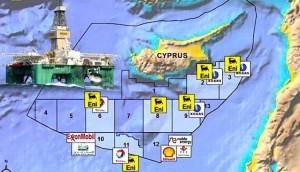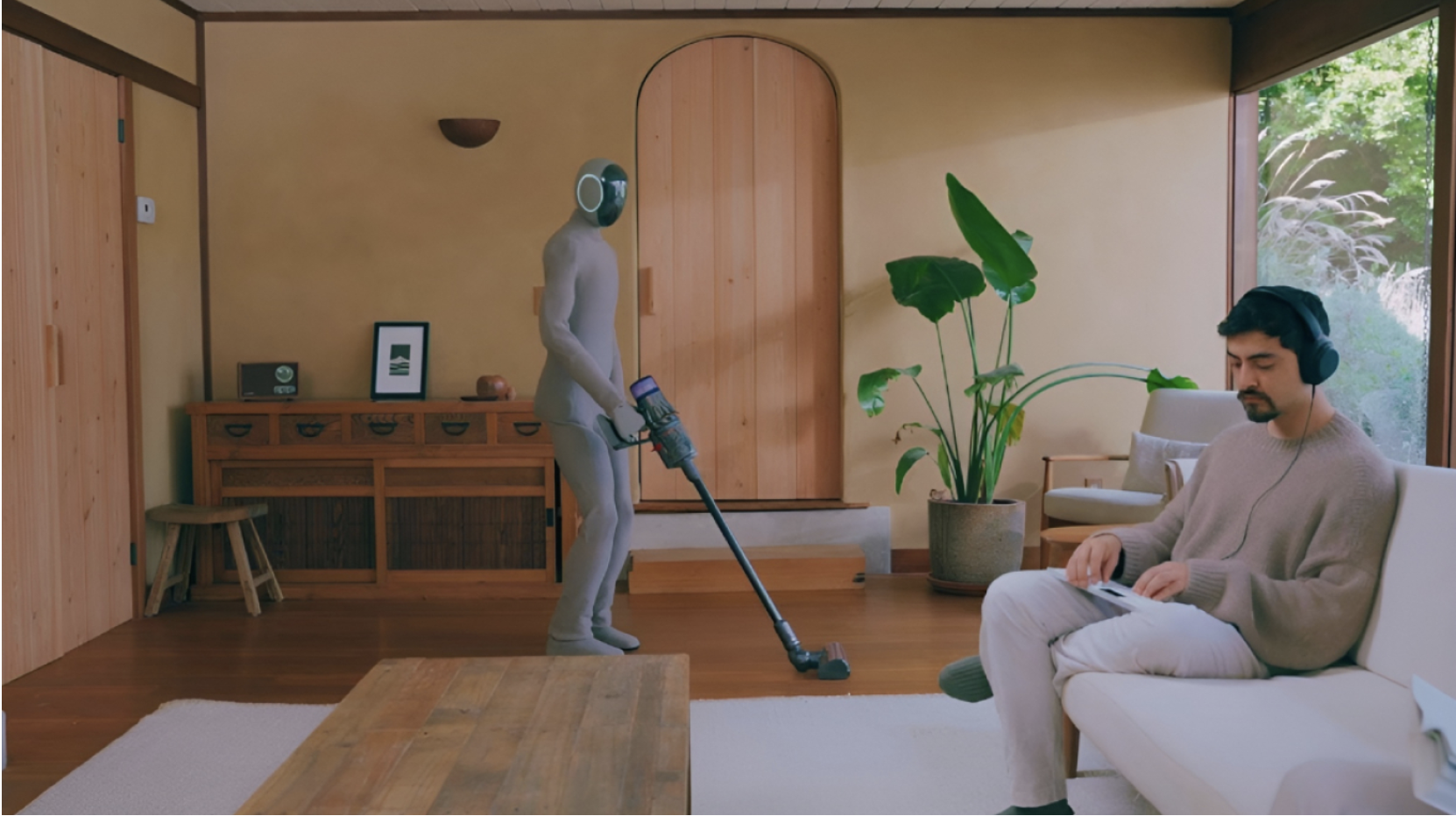Cyprus will have a clear picture of its subsea natural resources by the end of next year during which four or five drills are expected according to Energy Minister Yiorgos Lakkotrypis.
Speaking to the House Finance committee on Monday Lakkotrypis informed the MPs that the government is currently waiting to be informed by Italian energy giant ENI on its planned drilling dates.
ENI has already asked for a permit to conduct environmental studies in blocks 6, 8 and 3, and in the second half of 2018 Exxon-Mobil also is expected to conduct two drills “which will be crucial to developments thereafter” according to Energy Minister. After having clear hydrocarbons picture the government will be able to take decisions about monetizing natural gas, he stressed.
Asked about the Turkish seismic vessel Barbaros, which has variously ventured into Cyprus’ Exclusive Economic Zone (EEZ), Lakkotrypis answered that its movements are closely monitored by the Republic of Cyprus, but it is not known whether it laid cable or conducted technical research, or whether it was just going around.
According to a report of Phileleftheros newspaper, Turkey’s seismic research has resulted in the discovery of a natural gas field located between southern Turkey and the Karpaz peninsula, the northeastern-most part of the island, and the Barbaros produced detailed maps of the area.
In the same report, it is mentioned that a newly-acquired drilling vessel of the Turkish Petroleum Corporation (TPAO), Deep Sea Metro II, will arrive in the area in the first months of 2018.
Lakkotrypis did not rule out the possibility that Turkey might acquire a drill and press ahead on drilling in the north of Cyprus but said that it would have to seek and commission the services of third parties during a period that the oil and natural gas industry is under pressure.
In any case, according to Lakkotrypis the government “has plans in place” for any contingency.
Regarding the negotiations for the sale of Cypriot gas between the companies operating Block 12 of Cyprus’ EEZ and the company operating Egypt’s two liquefaction terminals, Lakkotrypis said that in the last two years 18 rounds of talks have been held – “nine for each terminal”.
“The talks are made difficult by international oil prices,” he mentioned adding that more talks will follow in the coming weeks in order to reach what everyone involved can consider a fair market price.
Source: thegreekobserver.com
Ask me anything
Explore related questions





